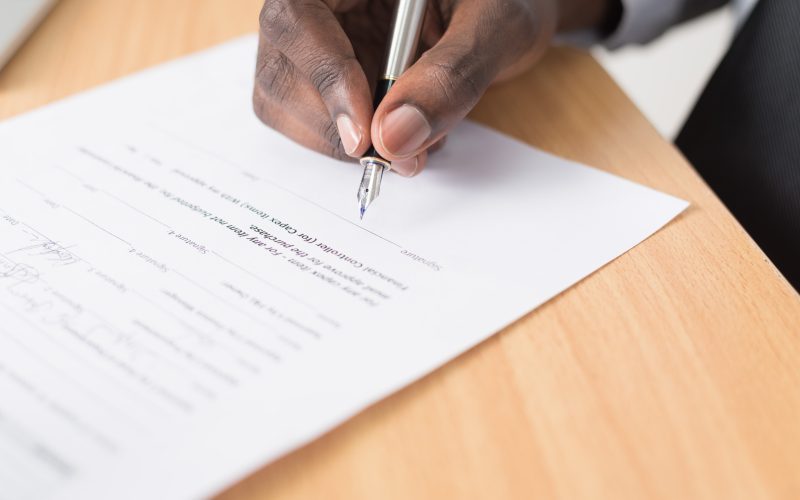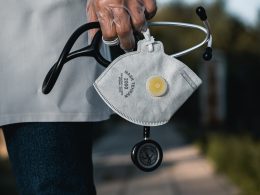One of the primary benefits of jury trials is that they ensure that the accused is judged by their peers. The jurors are selected from the community and are meant to represent a cross-section of society. This ensures that the defendant is not judged by a biased judge or prosecutor, but rather by a group of their peers who are more likely to understand their circumstances.
Furthermore, jury trials protect individuals from government overreach by requiring that the government prove its case beyond a reasonable doubt. This high standard of proof ensures that the government cannot simply accuse someone of a crime and expect to win without presenting compelling evidence to a jury. It also ensures that individuals are not punished for crimes they did not commit, as the government must prove its case beyond a reasonable doubt to secure a conviction.
Jury trials also serve as a check on government power. They give ordinary citizens the power to hold the government accountable by deciding whether the government has met its burden of proof. This is particularly important in cases where the government is accusing someone of a serious crime, such as murder or treason. Without the protection of a jury trial, the government could abuse its power and punish individuals without sufficient evidence.
It is worth noting that the importance of jury trials extends beyond protecting individual rights. Jury trials also play an important role in maintaining public confidence in the justice system. When people feel that their peers are deciding cases based on the evidence presented, rather than on bias or political considerations, they are more likely to trust the outcome of the trial.
In conclusion, jury trials are a critical component of the American justice system. They protect individual rights, limit government overreach, and serve as a check on government power. They also help to maintain public confidence in the justice system. As such, it is vital that we continue to uphold and protect the right to a trial by jury.












